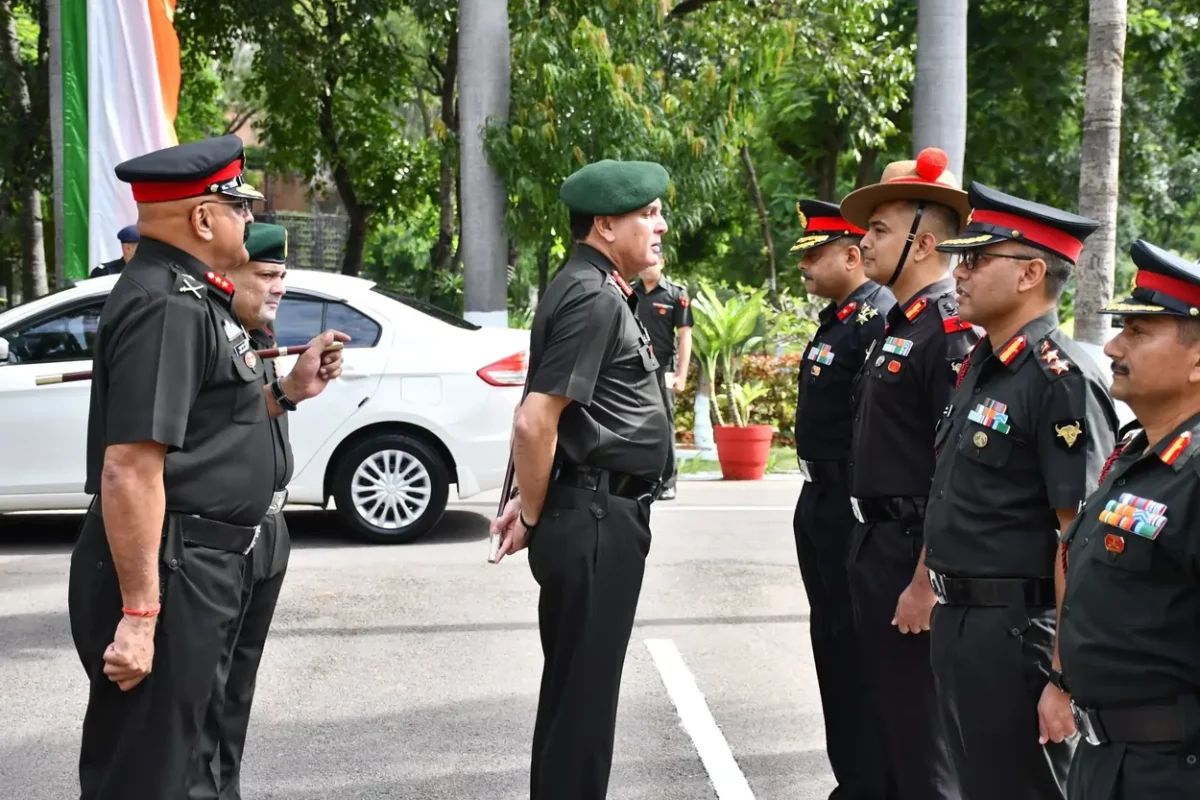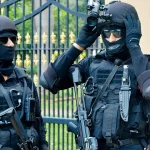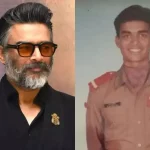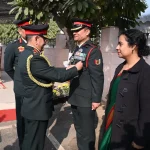To become a Commanding Officer (CO) in the Indian Army is a revered aspiration for many aspiring military personnel. A Commanding Officer plays a critical role, leading troops, making strategic decisions, and ensuring operational readines often in some of the most challenging environments. The journey to becoming a CO is not just about rank; it’s about embodying qualities that not only influence the battlefield but also shape the moral fabric of an organization steeped in history and tradition. Here, we explore the comprehensive path to achieving this prestigious position—from the initial steps of military training to commanding battalions and beyond.
Historical Context
The Indian Army, with its roots tracing back to the British colonial period, has continuously evolved throughout the years, adapting to both modern warfare and the changing socio-political landscape of the region. Commanding Officers have always been pivotal to this evolution, providing leadership and vision that drive the Army’s effectiveness. Understanding this historical context is essential, as it underscores the lineage of command and the responsibilities that lie within it.
The significance of leadership in the Indian Army cannot be overstated. Historically, exceptional leaders have inspired troops to demonstrate unparalleled courage and commitment, serving as the backbone during tumultuous times—be it in wars or peacekeeping missions. With the Indian Army now ranked as one of the largest in the world, the demand for strong, decisive, and capable leaders is ever-increasing, emphasizing the importance of preparing candidates to rise through the ranks effectively.
Rank Progression and Time in Service
The path to becoming a CO predominantly involves ascending through various ranks in accordance with the defined structure and timeline of military promotion.
- Initial Commissioning: Upon successful completion of training, officers begin their careers as Lieutenants.
- First Promotion to Captain: Achieved typically after about 2 years of service, this rank allows officers to begin assuming more responsibilities.
- Promotion to Major: After approximately 6 years, an officer can expect to be promoted to Major, taking on additional command duties.
- Advancement to Lieutenant Colonel: This takes about 13 years of service, where the officer starts to have more substantial leadership responsibilities.
- Reaching Colonel: Approximately 15-20 years of service is required to achieve the rank of Colonel, where the majority of CO appointments occur. This advancement may be based on time served or performance during selection processes.
Promotion Criteria
The promotional framework in the Indian Army is primarily bifurcated into two categories—time-based and merit-based.
- Time-Scale Promotions: Up to the rank of Lieutenant Colonel, promotions are usually awarded based on meeting minimum service years and passing requisite examinations that assess knowledge on military operations, history, and leadership philosophies.
- Selection-Based Promotions for Higher Ranks: As officers aspire to become Colonels and beyond, the criteria become more selective. Evaluation by a selection board becomes intricate, considering various performance metrics, including leadership during missions, effectiveness in training, and overall contributions to the organization.
Leadership and Experience
Leadership is paramount in military roles, and it’s no different for those who aspire to become COs. Commanding Officers are expected to lead operational units under high-stress conditions, which necessitates a blend of strategic acumen and emotional intelligence.
- Command Experience: Serving in roles such as Platoon Commander and Company Commander forms the bedrock of practical leadership for prospective COs. Such positions expose officers to field operations, decision-making under pressure, and the intricacies of team dynamics.
- Skill Development: The experience gained during this journey hones crucial skills. Effective decision-making, strategic planning, and the ability to inspire troops are core competencies evaluated during promotions.
Physical Fitness and Medical Standards
Maintaining rigorous physical fitness standards is non-negotiable in military life. The Indian Army instills a culture of fitness through ongoing training and health assessments that officers must continuously meet throughout their careers.
- Fitness Regimen: Officers are expected to participate regularly in physical training, which may include endurance running, obstacle courses, and strength training sessions—integral to their leadership role.
- Medical Standards: Stringent medical examinations ensure that all personnel maintain the health required to perform in demanding situations, solidifying the principle that leaders must lead by example.
Promotional Assessments
Promotion assessments are immensely significant in determining an officer’s readiness for increased responsibility.
- Service Records and Leadership Qualities: Selection boards thoroughly review an officer’s record, observing their trajectory, command roles, and effectiveness during missions.
- Professional Development: Opportunities for specialized training, professional military education, and operational assignments play a vital role in distinguishing suitable candidates for promotion.
Real-world Applications: Case Studies
To illustrate the path toward becoming a CO, consider the case of Colonel Deepak Kumar, whose journey exemplifies the complexity and dedication required in this vocation:
- Early Years and Commissioning: Colonel Kumar joined the Indian Army after extensive preparation and a successful selection process, completing his initial training at the National Defence Academy (NDA).
- Career Progression: Over two decades of service, Colonel Kumar demonstrated exceptional leadership in various assignments, ultimately leading battalions in crucial operational theatres.
- Challenges and Triumphs: His command during a key operational mission showcased his strategic brilliance and ability to motivate troops, leading to successful outcomes that garnered recognition.
Statistical Data and Research Insights
Statistics and research underline the demands and expectations placed on officers within the Indian Army:
- Years of Service: On average, officers may expect to spend 15-25 years to reach the rank of Colonel, aligned with a robust evaluation process.
- Promotion Rates: Historically, promotion rates for officers in the Indian Army reveal that only a select percentage move on to higher ranks, emphasizing the competitive nature of the selection process.
Challenges and Solutions
The journey to becoming a CO is fraught with challenges that require proactive strategies:
- Leadership Development: Continuous leadership training and workshops can prepare potential COs to tackle the complexities of modern warfare and enhance their decision-making skills.
- Work-Life Balance: Long periods of service often lead to personal sacrifices. Mentorship programs can provide guidance for managing the pressures of military life while ensuring personal and professional growth.
Future Trends and Predictions
As the Indian Army faces evolving challenges—technological advancements, cyber warfare, and international collaborations—the role of COs will expand significantly:
- Adaptation to Change: Future COs must remain agile and flexible, embracing new technologies and strategies that encompass both traditional combat and modern doctrine.
- Emphasis on Intelligence and Collaboration: With international tensions rising globally, COs will likely play a pivotal role in nurturing cross-border collaborations while maintaining military integrity.
Conclusion
Embarking on the journey to become a Commanding Officer in the Indian Army is a profound commitment that merges personal dedication, professional growth, and a deep-rooted sense of service. It requires navigating through layered challenges, where only the most adept and resilient rise to the top ranks. By understanding the critical paths—ranging from initial commissioning to command responsibilities—potential candidates can adequately prepare for a life that demands the highest standards of leadership, opportunity, and accountability.
For those aspiring to this celebrated position, resources from SSBCrack such as their books, online courses, and study materials can provide valuable insights and guidance. The road to becoming a CO may be long, but it is filled with rich experiences and an unparalleled opportunity to serve one’s country at the highest levels. Your leadership journey begins now, and the possibilities are both exciting and transformative.












